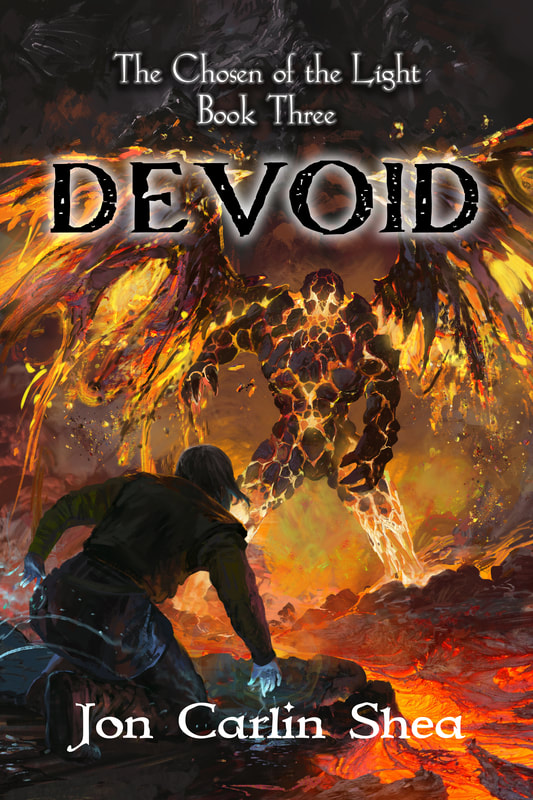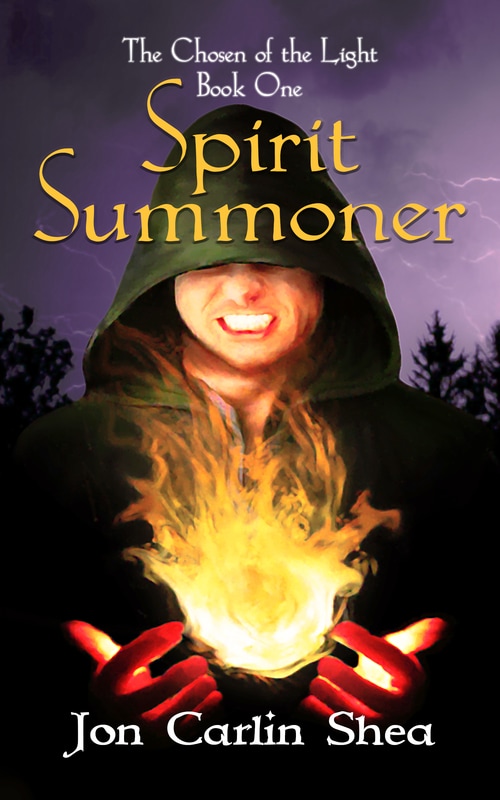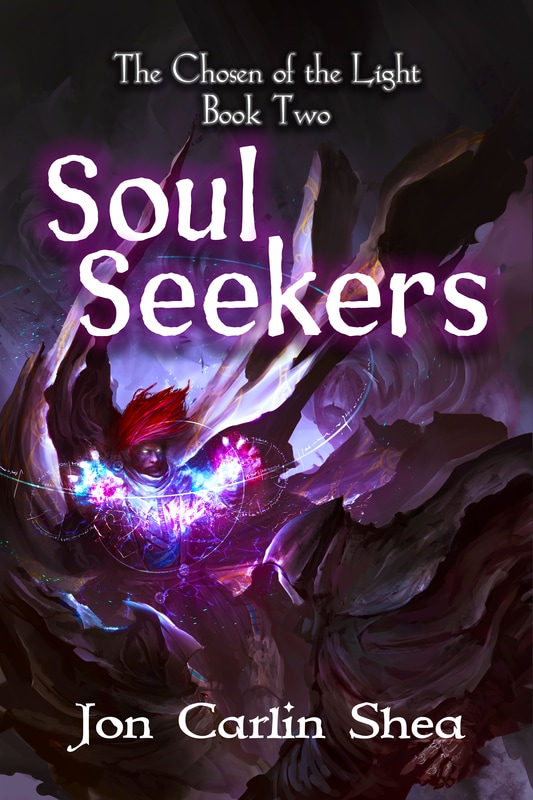|
Years ago, I started writing a book. When I say years, I really mean decades. This book, a fantasy novel, told the story of Darr Reintol and his many, many friends as they sought out the Chosen of the Light. Like many of the books I’d been reading at the time, this was to be an epic fantasy. In true epic fashion, my story spanned thousands of years in a world rich with a culture and history of its own, with many different characters, each with their own individual stories. At the time, I believed I’d written a truly engaging book, something that any reader of epic fantasy would love.
The world of publishing did not agree. Rejection after rejection made me try another angle by seeking an agent, and again, I could find no purchase. I divided up my novel, creating three books, and after another year of submission, I finally landed a publisher and an editor. It was only then that I found what may have been the fatal flaw in my writing. Story. Story is the truth behind all that my writing does, for it is the storytelling that so fascinates me. Since before I could write, I loved telling stories, creating new worlds and things and people with my imagination. But story is what lacked in my novel as well, for in trying to pack in everything epic, I lost my narrative. When my editor, Shawn Howen, first told me how much I needed to cut from my first book, I was distraught. I insisted I needed every bit of information, every bit of history, and every odd perspective in order to make the story work. Shawn disagreed. Fortunately, she saw the story laying beneath the scattered histories and perspectives. She knew I was writing about Darr, which is very true, but I was also writing about the world of Ictar, too. What does the history of the Ancients have anything to do with how Darr feels and what actions he takes? When I tell the story from the point of view of some distant character not even connected to Darr, am I furthering Darr’s story or my own? If I view my story with Darr as linear, any time I drop into a rambling about my world’s history or another point-of-view, I’m creating a stress point in my line. With too many stress points, my line, and my story, crumbles. I suffered, but I recovered. Like the true storyteller I aspire to be, I refocused my thoughts and edited my book accordingly. I told my story about Darr. In the end, I’ve become a much better writer and storyteller, but all of these memories of revising is coming back to me because it’s happening again. Currently, I’m working on the third and final book in my series, but the story I always believed was there just isn’t there. It has become the story that never was, because I have changed as a writer, leaving me with parts that no longer fit. The solution is figuring out where the real story is, and for me, that will be a point of some frustration, but also fun. I haven’t had the chance to create new material in this book for a long time. In find the story that never was, I’m tasked with finding the story that will be.
2 Comments
Jan Campbell
7/31/2016 09:25:31 am
Anxiously waiting for book 3 and I know you'll find it. (Mom)
Reply
Leave a Reply. |
Archives
March 2019
Categories |





 RSS Feed
RSS Feed
